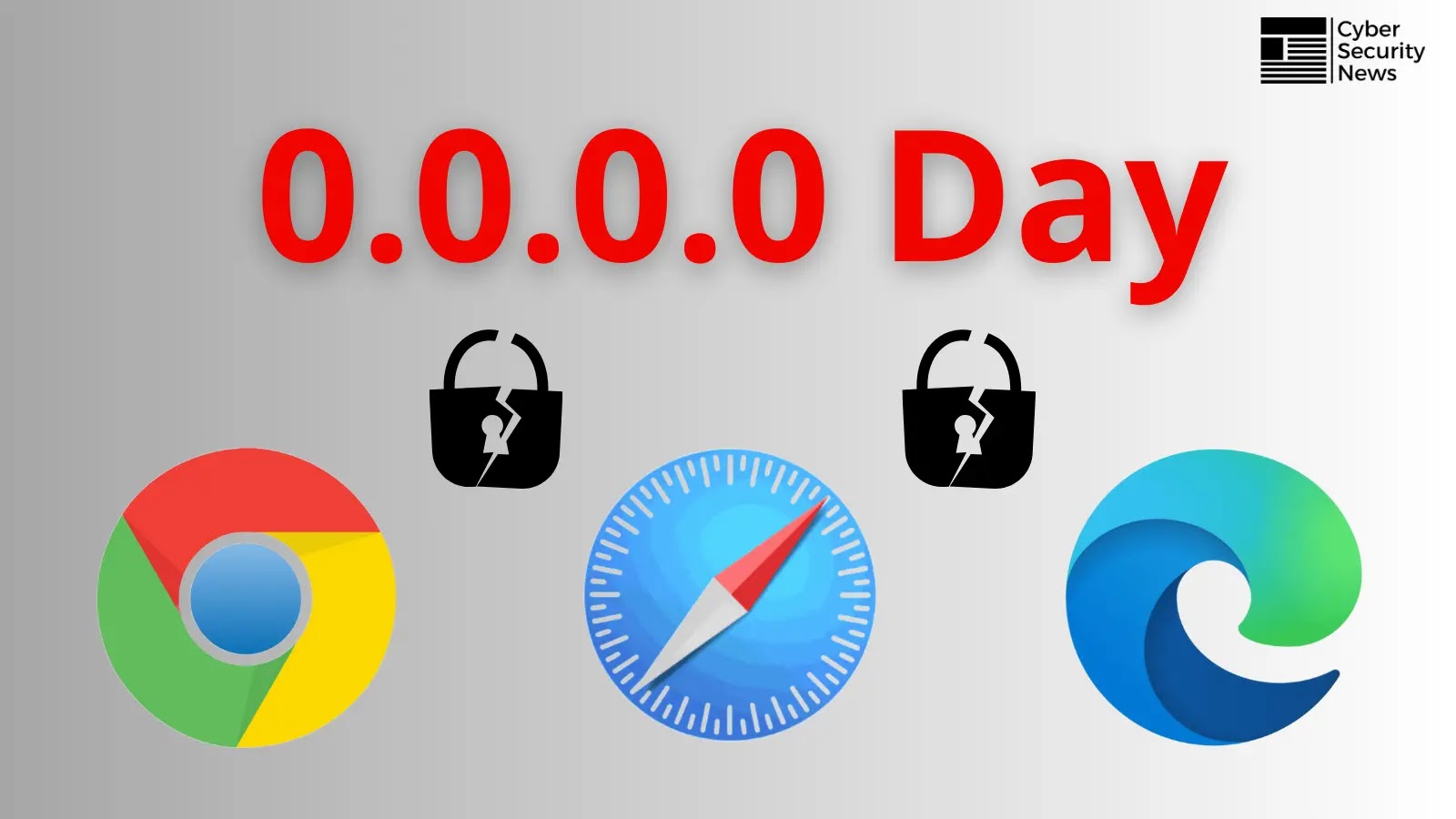Seems like a TCP/IP stack issue rather than a browser issue… 0.0.0.0 is not supposed to be a valid address (in fact, no IPv4 address with
0as the first octet is a valid destination IP). The network stack should be dropping those packets.0.0.0.0is only valid in a few use cases. When listening for connections, it means “listen on all IPs”. This is a placeholder that the OS handles - it doesn’t literally use that IP. Also, it’s used as the source address for packets where the system doesn’t have an IP yet (eg for DHCP). That’s it.I’m inclined to agree. This looks like a misunderstanding of RFC 5735.
From that RFC:
0.0.0.0/8 - Addresses in this block refer to source hosts on "this" network. Address 0.0.0.0/32 may be used as a source address for this host on this network; other addresses within 0.0.0.0/8 may be used to refer to specified hosts on this network ([RFC1122], Section 3.2.1.3).(note that it only says “source address”)
which was based on RFC 1122, which states:
We now summarize the important special cases for Class A, B, and C IP addresses, using the following notation for an IP address: { <Network-number>, <Host-number> } or { <Network-number>, <Subnet-number>, <Host-number> } ... (a) { 0, 0 } This host on this network. MUST NOT be sent, except as a source address as part of an initialization procedure by which the host learns its own IP address. See also Section 3.3.6 for a non-standard use of {0,0}.(section 3.3.6 just talks about it being a legacy IP for broadcasts - I don’t think that even works any more)
Okay, I see where I went wrong. Thank you.
I don’t think 0.0.0.0 works for broadcasts anymore, either - I think those get filtered by default these days.
I wasn’t disagreeing with you :) or at least I think I wasn’t. I was just quoting the RFC you linked to.
Yeah, I just did a quick test in Python to do a tcp connection to “0.0.0.0” and it made a loopback connection, instead of returning an error as I would have expected.
While I agree, it makes connecting to localhost as easy as
http://0:8080/(for port 8080, but omit for port 80).I worry that changing this will cause more CVEs like the octal IP addresses incident.
Edit: looks like it’s only being blocked for outgoing requests from websites, which seems like it’ll have a much more reasonable impact.
Edit 2: skimming through these PRs, at least for WebKit, I don’t see tests for shorthand IPs like
0(and no Apple device to test with). What are the chances they missed those…?it makes connecting to localhost as easy as
http://0:8080/(for port 8080, but omit for port 80).The thing is that it’s not supposed to work, so it’s essentially relying on undefined behaviour. Typing
[::1]:8080is nearly as easy.skimming through these PRs, at least for WebKit, I don’t see tests for shorthand IPs like
0(and no Apple device to test with). What are the chances they missed those…?I haven’t seen the PRs, but IP comparison should really be using the binary form of the IPv4 address (a 32-bit number), not the human-friendly form.
The article literally doesn’t explain the vulnerability at all.
It keeps promising to, then goes off into more ChatGPT-style rambling. It’s a bad article. This one is more informative:
https://www.oligo.security/blog/0-0-0-0-day-exploiting-localhost-apis-from-the-browser
notably
Windows is not impacted by this issue.
quoting the main, critical part:
- Under public domain (.com), the browser sent the request to 0.0.0.0.
- The dummy server is listening on 127.0.0.1 (only on the loopback interface, not on all network interfaces).
- The server on localhost receives the request, processes it, and sends the response.
- The browser blocks the response content from propagating to Javascript due to CORS.
This means public websites can access any open port on your host, without the ability to see the response.
Everybody who could explain it well is at Hacker Summer Camp right now.
I didn’t realize DEFCON was this weekend already, but this is a solid point 😂
I ended up reading it on bleeping computer since the linked site looks like an auto tldr bot saved 50% of the words. The important 50% was discarded.
hunter2 Wow it works!
Welp, I guess sandboxing a browser that has a sandbox might still be a good idea
Yes! Another huge win for links2gang [email protected]







